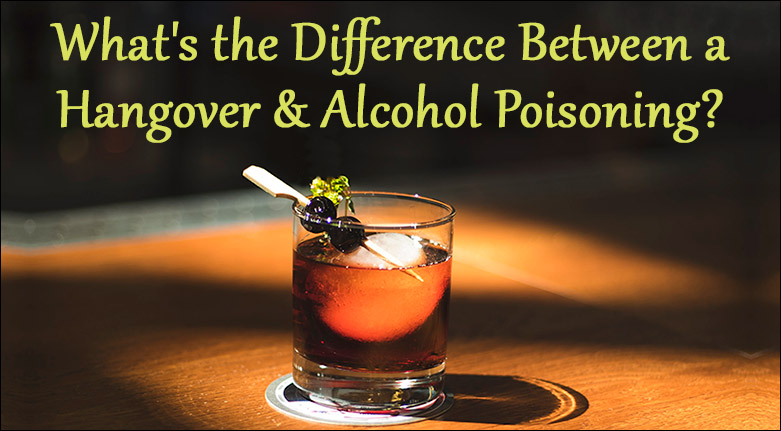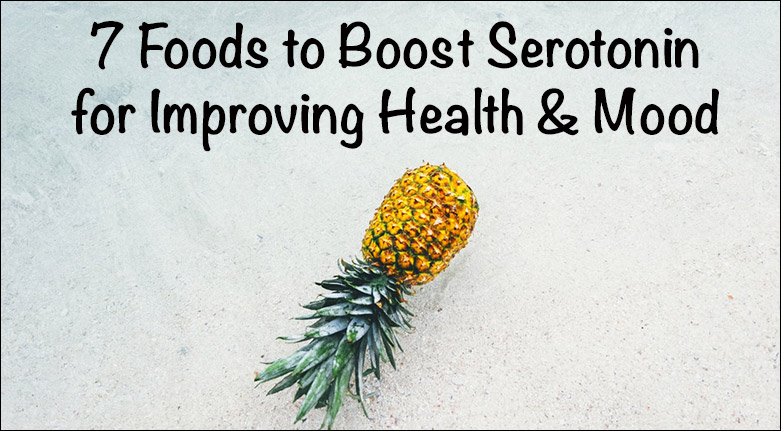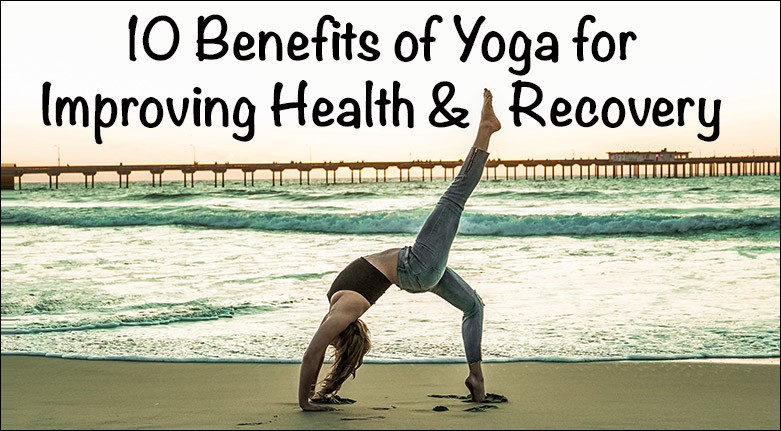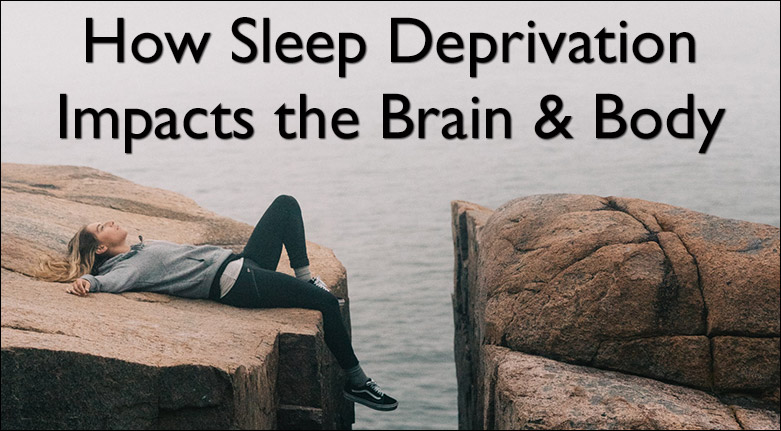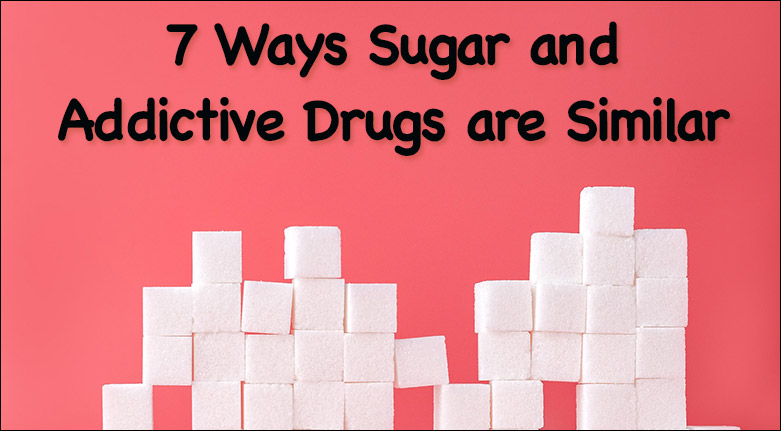Going out for a night on the town isn’t unusual. Friends go out with friends to have some beers, maybe a few mixed drinks, or perhaps something stronger than that.
Time passes, and suddenly, six hours have passed. That one friend that had a few beers has gone from a few, to an entire case of beers.
Friends say that he passed out and it’s expected that he’ll just sleep off the alcohol and feel fine the next morning, but is that really the case?
Hangover vs. Alcohol Poisoning
A lot of the symptoms of both hangovers and alcohol poisoning are relatively similar, but alcohol poisoning is much worse and also more dangerous.
Hangovers are unpleasant at the very least, but alcohol poisoning can be fatal if it isn’t caught in time.
Alcohol poisoning deaths average about six fatalities every single day for a total of over two thousand alcohol poisoning deaths every year in the United States alone.
What are the Symptoms of a Hangover?
Hangovers are caused by a variety of reasons that usually include:
- Dehydration due to excessive urination
- Decrease in blood sugar levels
- Expansion of blood vessels that can cause headaches
- Irritation of the stomach lining from alcohol
- Alcohol-induced Inflammation
A typical hangover has several well-known symptoms that are unavoidable if too much alcohol is consumed.
Headaches are extremely common hangover symptoms, as are general feelings of nausea. People experiencing a hangover are probably also going to be bothered by bright light and loud noise.
Other common symptoms of a hangover include:
- Irritability, anxiety or feeling depressed
- Difficult time keeping mental focus or attention span
- Feelings of being weak and tired
- Muscle pains
- Lack of appetite due to nausea
- Stomach ache or vomiting
- Dizzy feelings
- Trembling or shaking hands
- Increased heart rate
- Intense thirst
Some people have a tendency to eat greasy food like burgers and fries thinking it will soak up the remaining alcohol in the system. This usually makes matters worse shortly after eating when the body crashes.
Having a hangover can certainly be a nuisance, but the symptoms will eventually pass within a day or so.
5 Ways to Deal With a Hangover
When someone has a hangover, that person can generally function the next day, albeit a little less than usual.
1. Hydrate With Water or Other Fluids
Because dehydration is a major trigger, the most important way to deal with a hangover is to rehydrate.
Water is the always best the best option, and plenty of it, because the body soaks it up quickly and it doesn’t contain sugar to alter blood sugar levels. Sometimes Gatorade or other fluids with electrolytes and sodium can be helpful.
2. Get Some Sleep
Despite what most people think, drinking alcohol does not allow the brain to have proper REM cycles and any sleep that occurs after a night out on the town is not restful or rejuvenating.
If it’s the weekend, it’s best to write off the day and sleep it off, after drinking plenty of water and eating healthy food first.
3. Get Caffeine From Coffee or Tea
If a hangover occurs during the week and it’s not possible to sleep it off because work or school is calling, caffeine will offer a pick me up to get over that sluggish feeling to at least get through the day.
Coffee or black tea are good, strong choices.
4. Eat Proper Foods
Blood sugar levels go crazy after a night of drinking and most people experiences a headache, so give the brain proper fuel with carbs like whole grain bread or toast and whole fruit or juices like carrot or tomato.
Bananas, sweet potatoes, yogurt, and beans are good choices because they’re all high in potassium.
5. Take Over the Counter Pain Medication
Dulling the pain of a headache usually helps to get over the worst part of a hangover and Ibuprofen like Advil or Motrin work the best and are probably the safest.
If those aren’t available, try an aspirin, although it might add to the agitation of an already upset stomach.
Avoid anything with acetaminophen like Tylenol because it isn’t good for the liver and might compound the affects of the alcohol.
What Are the Symptoms of Alcohol Poisoning?
Alcohol poisoning is way more intense than the average hangover. It can also happen faster than a hangover – so fast that it often appears while the drinking is still happening.
It’s critical to be able to recognize and respond to alcohol poisoning symptoms as quickly as possible and get medical help immediately.
Common symptoms of alcohol poisoning include:
- Severe confusion
- Slow or shallow breathing
- Breathing irregularities such as a cyclical pause in breathing followed by normal breathing
- Lowered body temperature or loss of warmth, known as hypothermia
- Increased heart rate
- Drop in blood pressure
- Vomiting continuously
- Seizures
- Pale skin or blue lips or fingers
- Falling unconscious and not waking up
Some alcohol poisoning symptoms slightly resemble those of being intoxicated. If a person turns blue and becomes unconscious to the point that they do not respond to any attempts to rouse or wake them, seek immediate medical help.
How to Deal with Alcohol Poisoning
If alcohol poisoning is suspected, an ambulance needs to be called immediately. The poison control center is another option, although getting early medical assistance is critical.
Individuals experiencing alcohol poisoning also should never be left in a tub or sleeping alone. Doing so is extremely dangerous because it is possible to die by choking on their own vomit.
Make sure the person is supervised until help arrives and keep them sitting upright, or lying down on their side to avoid choking on their own vomit.
Cold showers are a bad idea because with the body temperature already dropping, it will only make matters worse. A blanket or a jacket can be used to warm the person up.
Rehydration is crucial because alcohol poisoning is extremely dehydrating. Constant water intake is essential to bring someone back from the brink, even if the water is vomited. It’s imperative that they are able to drink water on their own without forcing it down their throat as they can actually drown by this method.
When calling for help or taking the person to a hospital, be prepared to provide as much information as possible about what kind of alcohol and how much the person was drinking, in addition to when they started drinking and when the symptoms began.
Never leave a person suspected of alcohol poisoning alone or unattended.
Avoiding Alcohol Poisoning
To avoid alcohol poisoning, the best thing to do is control alcohol consumption from the beginning. Drinking a glass of water in between alcoholic drinks can help prevent dehydration and slow down intoxication.
Two drink limits are a good rule of thumb so as not to overdo alcohol intake, and moderation is always the key to drinking safely and responsibly.
Eating a full meal before or during drinking is helpful in preventing a hangover the next day, but more importantly, alcohol poisoning.
Always keep an eye on how much someone has had to drink and avoid the temptation to play drinking games or binge drink.
Slurred speech and the inability to stand or sit up straight are significant clues that a person needs to stop drinking.
Sometimes alcohol poisoning occurs by an accident, such as children coming in contact with alcohol unknowingly or unintentionally. All of the same symptoms apply as they do for a person who willingly drinks to excess. For this reason, it’s important for everyone to be able to recognize the signs and symptoms.
Underage Drinking and What to Do
Alcohol poisoning can happen to anyone at any age, but younger people are at a higher risk because they don’t have much experience with alcohol and they don’t know their limits or how it will affect them. They also have a higher tendency to binge drink.
Realistically, underage drinking happens. It can be scary to see someone experience alcohol poisoning, especially when it happens to people that are younger than the legal drinking age.
The health and safety of those involved are of the utmost importance regardless of age, so if it happens, calling 911 is the best course of action.
Thanks to Good Samaritan laws in most states, even if an underage individual calls to get help and that person has also been drinking, the law possibly offers some protection.
Drinking a few beers or having a couple of drinks with friends seems harmless enough, and for most people, it isn’t a problem.
Remembering not to drink too much is part of the bigger picture, and having a designated individual to watch, monitor, and pay attention can help with that.
For those with addictive tendencies or with diagnosed alcoholism, the best thing to do is to avoid alcohol altogether to prevent negative outcomes. Alcohol addiction treatment has helped many people overcome their problems with alcohol and the issues that caused them to seek it as a coping mechanism.
Above all else, for those who do drink, it’s important to know the difference between a hangover and alcohol poisoning and how to deal with each one.


